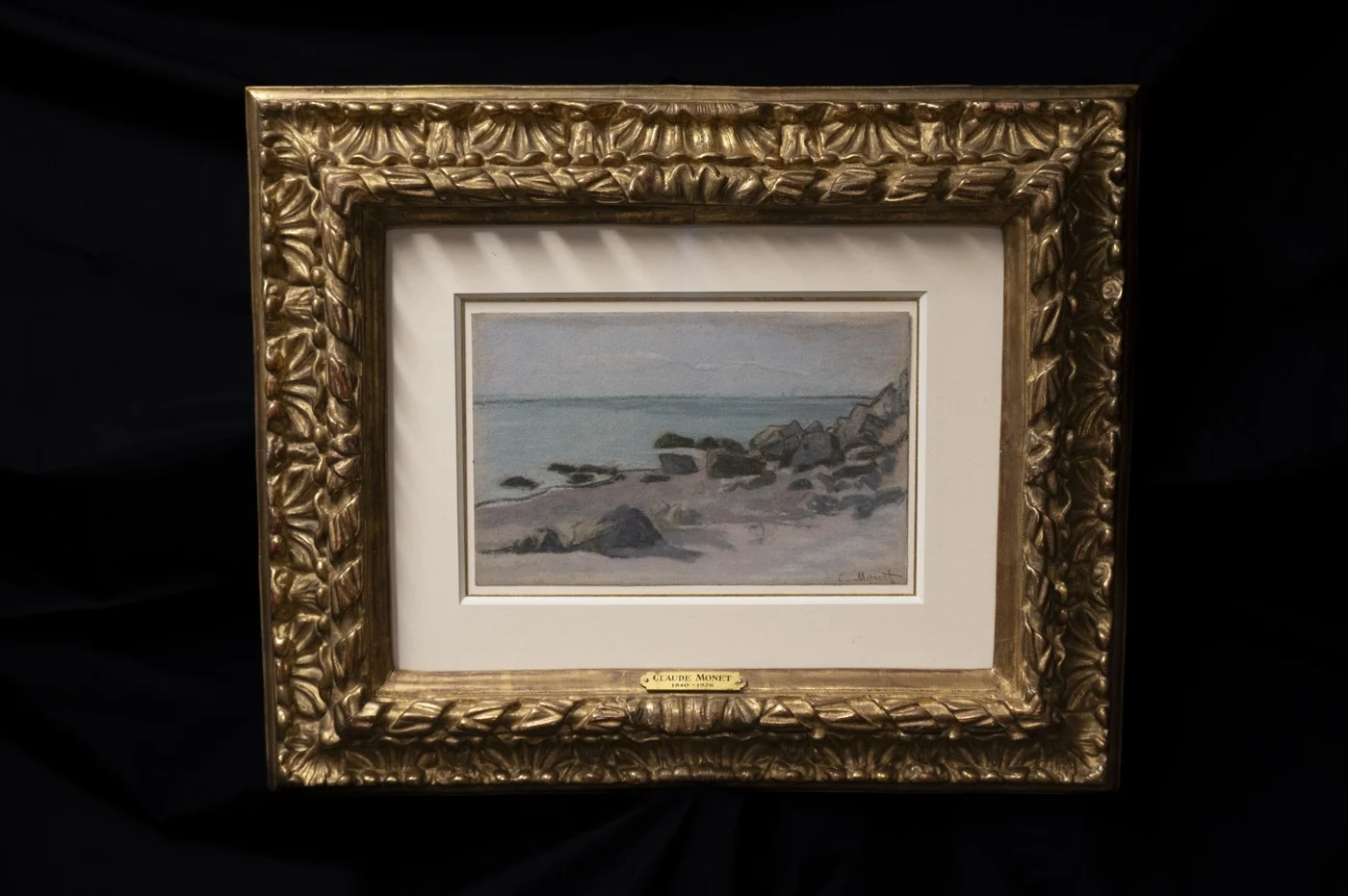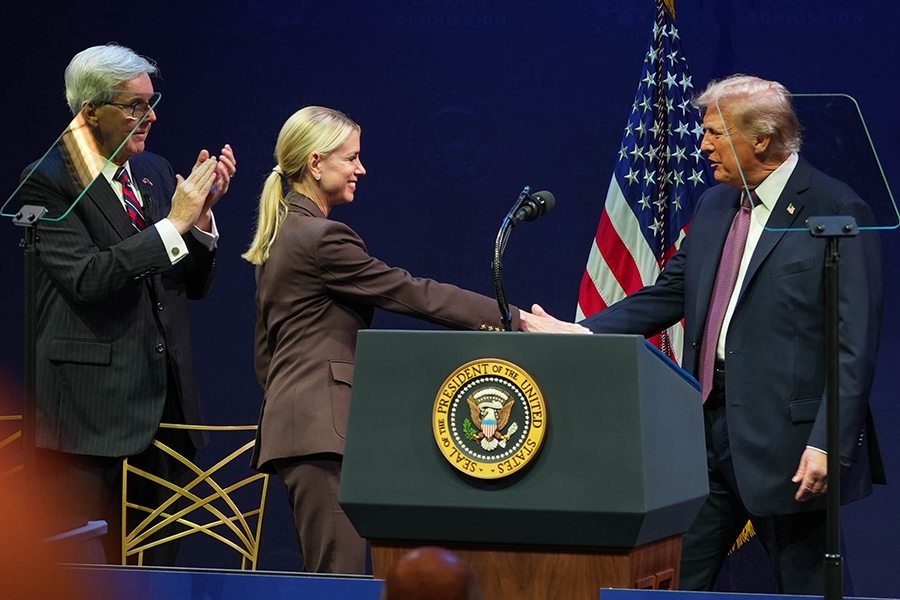
By Steve Neavling
The FBI’s Art Crime Team has successfully returned a stolen Claude Monet pastel, “Bord de Mer,” to its rightful owners after it was looted by the Nazis during World War II.
The artwork, created around 1865, had been missing since 1941 after it was seized by the Gestapo from the Parlagi family, who fled Austria in 1938.
The FBI became involved in 2021 when the Commission for Looted Art in Europe provided information about the Monet’s whereabouts.
The pastel resurfaced in 2023 at a Houston art gallery, where the FBI contacted the unsuspecting owners, Dr. and Mrs. Kevin Schlamp. After learning about the painting’s history, the Schlamp family voluntarily surrendered it and relinquished their ownership rights. Their cooperation was essential to the painting’s return to the Parlagi heirs.
“We are immensely proud to have been able to recover this remarkable piece of art and bring it home to its rightful owners,” said FBI Criminal Investigative Division Assistant Director Chad Yarbrough.
He added, “This moment brings to light not only the historical significance of this repatriation, but also the committed work of the FBI in cultural restitution and importance of our partnerships with organizations like The Commission for Looted Art in Europe. The FBI continues its commitment to returning stolen art and other objects of cultural and historical significance to the communities to which they belong.”
James Dennehy, assistant director in charge of the FBI in New York, highlighted the significance of the return: “While this Monet is undoubtedly valuable, its true worth lies in what it represents to the Parlagi family. It’s a connection to their history, their loved ones, and a legacy that was nearly erased. The emotions tied to reclaiming something taken so brutally can’t be measured in dollars—it’s priceless.”
The case underscores the FBI’s ongoing efforts to recover stolen cultural and historical artifacts. The search for other stolen Parlagi family artworks, including a missing Paul Signac watercolor, continues.





